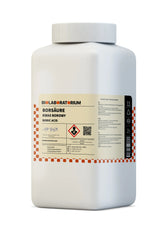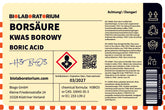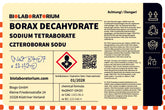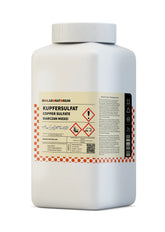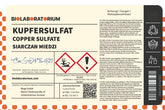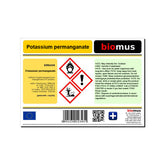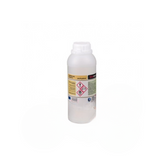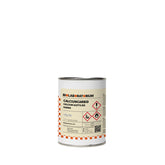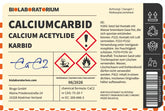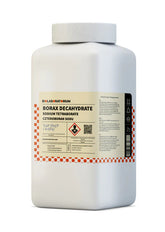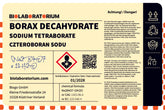Castor oil in industry: versatile applications in technology and chemistry
Castor oil is a fascinating and versatile natural product that finds a wide range of applications in industry. This unique oil, obtained from the seeds of the castor plant, offers numerous uses in various sectors due to its special chemical properties.
The Chemistry of Castor Oil
Castor oil is a high-quality vegetable oil characterized by a high content of ricinoleic acid. This fatty acid makes up about 90% of the oil and gives it its distinctive properties. Ricinoleic acid is a long-chain, unsaturated fatty acid with a hydroxyl group, which is responsible for many of the technical applications of castor oil.
The hydroxyl group makes castor oil particularly reactive and allows for diverse chemical modifications. Additionally, castor oil has high viscosity, density, and polarity, making it a valuable raw material for industry.
Applications of Castor Oil in Industry
Lubricants and Hydraulic Fluids
Due to its high viscosity and lubricating ability, castor oil is widely used in the production of lubricants and hydraulic fluids. It is excellent as a base for motor oils, gear greases, and hydraulic oils because it has high temperature resistance and oxidation stability.
Moreover, castor oil is biodegradable and environmentally friendly, making it an attractive alternative to conventional mineral oil-based lubricants. It is especially favored in environmentally sensitive areas such as forestry and agriculture.
Plastics and Polymers
The hydroxyl group in ricinoleic acid enables the use of castor oil as a raw material for producing polyurethanes, polyamides, and other technical plastics. These polymers are used in a variety of products, from coatings and adhesives to elastomers and foams.
Castor oil-based plastics are known for their flexibility, impact resistance, and weather resistance. Therefore, they are commonly used in the automotive industry, construction, and electronics industry.
Cosmetics and Pharmaceuticals
Besides technical applications, castor oil is also used in the cosmetics and pharmaceutical industries. Its moisturizing, anti-inflammatory, and antimicrobial properties make it a valuable ingredient in skincare products, creams, and ointments.
In pharmaceuticals, castor oil is used as a laxative as well as a base for ointments, capsules, and other dosage forms. Additionally, it is used in the manufacture of medical products such as plasters and bandaging materials.
Biofuels
Due to its high energy density and combustion efficiency, castor oil is also used as a raw material for biofuel production. Especially in countries where castor plants can be easily cultivated, the use of castor oil as biodiesel or bioethanol is gaining importance.
The use of castor oil as a biofuel contributes to reducing greenhouse gas emissions and promoting sustainable energy supply.
Conclusion
Castor oil is a fascinating and versatile natural product that finds numerous applications in industry. From lubricants and hydraulic fluids to plastics and polymers, as well as cosmetic and pharmaceutical products, castor oil is a valuable raw material that is gaining increasing importance due to its unique chemical properties.
The variety of applications of castor oil in industry shows that this natural product offers great potential for innovative and sustainable solutions. Its use allows companies not only to improve product quality but also to make an important contribution to environmental protection.

